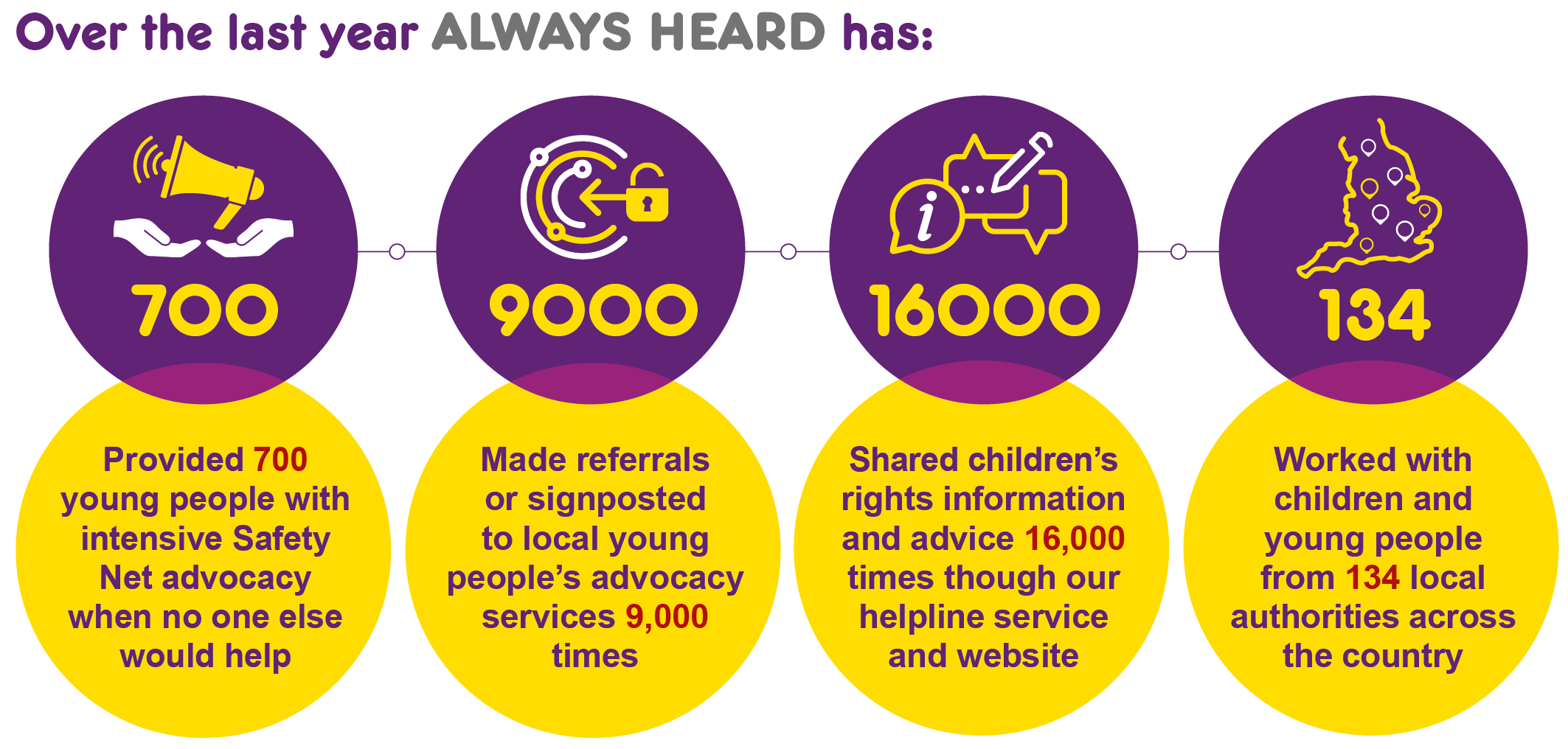27 Jan 22
In a report released today (27 January 2022), Coram Voice has found that during the Covid pandemic, care leavers well-being did not decline as expected and in some areas improved slightly, suggesting additional support made available at this time made the difference to young people’s lives.
This report is a follow up to our ‘What Makes Life Good?’ report published in 2020 about the views of care leavers on their well-being using responses collected between 2017 and 2019 through the Your Life beyond Care survey. In this report we compare the ‘What Makes Life Good?’ pre-pandemic data from 1,804 care leavers to data from 2,476 care leavers who responded to the survey in the first year of the pandemic (2020-2021).
We asked care leavers aged 16 to 25 the same questions at both time points; about where they lived, feeling safe, financial well-being, and relationship with workers, emotional support, stress, loneliness, overall well-being, and more.
Pre-pandemic we found that, when compared to the general population, a higher proportion of care leavers experienced anxiety, felt lonely, struggled financially, had lower life satisfaction and lacked good friends.
Given the greater challenges care leavers faced we expected that their well-being could have deteriorated further during the pandemic given the additional strain Covid-19 placed on everyone’s lives. However, on most measures we found few differences in care leavers well-being. They experienced similar levels of stress, anxiety, life satisfaction and loneliness as care leavers pre-pandemic. Indeed, the proportion struggling financially and having access to internet at home had decreased. Our own work and research from the University of Bedfordshire has shown that many local authorities put in place additional support for care leavers during this period. There were also national initiatives that supported care leavers including the uplift to Universal Credit and free laptops and internet access for care leavers. There appears to have been a greater focus on well-being and challenges that young people were experiencing during this period, which may have staved off a decline in well-being and accounted for some of these slight improvements. Care leavers’ own hard-won personal resilience may also explain the improvements.
Trusting and supportive relationships are essential to care leavers well-being and leaving care services play an important role in building these. Half of care leavers reported that their leaving care advisors were a source of emotional support, up from 47% pre pandemic.
“The support given to me recently from Social services has been phenomenal as due to Covid I lost my job and have been struggling to pay my bills ever since… I have little to no work and can’t claim universal credit, so without the help of social services I really don’t know what I would do!” – Care leaver
Head of Policy and Practice Development, Linda Briheim-Crookall says: “This report shows that challenging times do not inevitably lead to a decline in well-being for care leavers. Investment in support can start to chip away at the gap between care leavers and their peers. It is now all the more imperative that the gains made during the pandemic are not lost. We need to explore further and share the practice that makes care leavers lives better. With the independent review of children’s social care
“We also need to recognise that many of the challenges that were there before the pandemic are still there and it continues to be imperative to recognise and address them.”
“While the pandemic has highlighted the strengths of local authorities and practitioners in responding to the needs of care leavers in challenging times, the report also shows that local authorities and practitioners need to continue to be proactive in contacting care leavers and responding to their needs, offering financial and digital support and keeping in touch more frequently and in different ways in order to secure a long term impact.”
READ THE FULL REPORT


